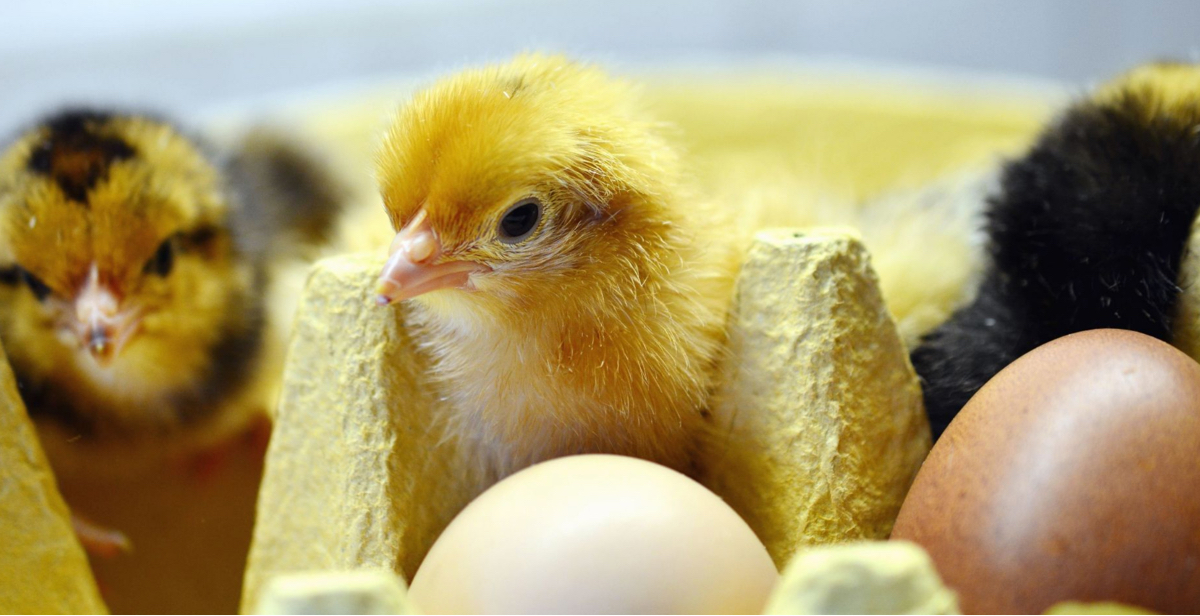The Unified Voice Protocol establishes a framework to proactively create an environment of trust in the food and consumer goods industries, so that consumers can purchase products they desire with full confidence in those who provide them.

Unified Voice Protocol for Proactive Actions Include:
- Identify and prioritize significant emerging health and social issues of concern to consumers and the industry;
- Bring together different parts of the food environment to address the priority issues. Depending on the issue, the coalition could include food retailers, consumer groups, researchers, public health professionals and farmers;
- Analyze and produce trusted research and data; and
- Using the findings from the research and data collection, conduct outreach and education to harness the food environment’s unified voice, helping to impact the public conversation and influence current and future issues.
1. Unified Voice Issue Prioritization
Through the Unified Voice effort, issues will be identified and prioritized related to these areas:
- Health and Wellness: nutrition, family health and well-being, and ingredient issues
- Food Safety: short- and long-term safety concerns
- Social Impact: sustainability, animal welfare, fair treatment of employees, sustainable sourcing
2. Unified Voice Issue Coalitions/Project Collaborators
FMI research shows that when it comes to questions about health and wellness, consumers’ most trusted allies are family and friends, healthcare professionals, farmers, and their local grocery store or food retail establishment. The Unified Voice Protocol will consolidate these consumer allies by forming small coalitions to address each priority issue and to uncover additional emerging health and social concerns for future consideration. Each coalition will set goals, support research and data collection, develop proactive engagement and communications strategies, and participate in outreach and education to proactively address the issue.
3. Unified Voice Research Focus
Approaches to data review and collection would be issue specific and recommended and funded by the issue coalition.
4. Unified Voice Outreach and Education
Establish thought leadership events to share the findings from the data collection and research. Key stakeholders could include media, researchers, consumer groups, public health professionals, and food and agriculture experts.
For its first pilot project, FMI Foundation tested the Unified Voice Protocol by addressing two current animal welfare issues, cage-free eggs and slow-growing broilers.
Unified Voice Protocol Pilot Project I
For its first pilot project, FMI Foundation tested the Unified Voice Protocol by addressing two current animal welfare issues, cage-free eggs and slow-growing broilers. As agricultural producers and agribusinesses seek to respond to consumer and advocacy organization demands for alternative production practices, there is a need to better understand consumer knowledge and beliefs and their willingness-to-pay for these attributes.
A research coalition was formed with the Foundation for Food and Agriculture Research (FFAR) and the Animal Agriculture Alliance to conduct a behavioral economics assessment. This study focuses on these two poultry-related issues that entail tradeoffs between animal welfare and productivity. Research was conducted by Jayson Lusk, PhD, of Purdue University. Dr. Lusk fielded the research in the Fall of 2017. You can find the research by clicking here:
- Consumer Beliefs, Knowledge, and Willingness-to-Pay for Sustainability-Related Poultry Production Practices Broiler Survey Report
- Consumer Beliefs, Knowledge, and Willingness-to-Pay for Sustainability-Related Poultry Production Practices Egg Survey Report
To initiate the FMI Member outreach and education phase of the pilot project, FMI conducted two member webinars. The first webinar shared the data findings and the second webinar recapped the key takeaways for food retailers and provided insights regarding how best to use this research.
In addition, the three research coalition partners are extensively sharing the findings with respective constituencies and extending the reach to trade media, policy makers, members of key agriculture organizations and universities and more.
Unified Voice Protocol Pilot Project II - Gene Editing
In the Fall of 2018, the FMI Foundation and FMI prioritized Gene Editing as the next topic to be addressed by the Unified Voice Protocol. Gene editing is an emerging biotechnological tool that has many implications and potential benefits for food production, medicine and health. While it falls under the common general heading of biotechnology, the gene editing process bears marked differences from the procedures used to produce what is generally understood as a genetically modified organism (GMO).
Gene edited foods will soon be entering the marketplace. Given the scientific complexity of biotechnology, confusion regarding bioengineering language and the possibility for gene editing to be confused with other biotech processes, there is high potential for consumer confusion and questions regarding the use of this bio-tech tool in the food supply. FMI has established a research coalition with the American Seed Trade Association, the American Farm Bureau Federation and the Farm Foundation and has initiated this research project with Dr. Vincenzina Caputo at Michigan State University.
For more information and the report, click here.
Unified Voice Protocol Future Issues
The FMI Foundation is interested in engaging with organizations in food, agriculture, public health and research spaces who share our goal to create an environment of trust in the food and consumer goods industries through this Unified Voice effort.
Organizations interested in partnering with the FMI Foundation to determine suitable emerging issues and to design and fund research programs should contact David Fikes, dfikes@fmi.org or 202-220-0720.
